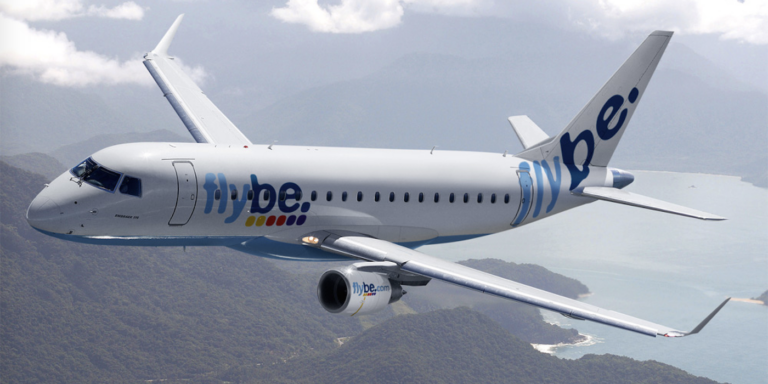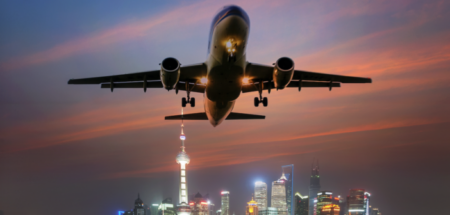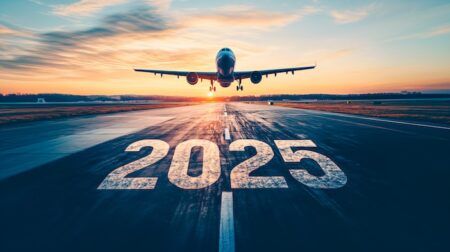Reports that UK-based regional airline, Flybe is seeking a fresh rescue deal come in the wake of numerous European airline failures, including Air Berlin, Monarch, Flybmi and holiday firm Thomas Cook. Attracting new finance will be no easy task. The aviation industry is an unattractive industry in terms of performance and returns on investment at the best of times.
The industry is saddled with high cost assets, namely planes, and key costs that fluctuate uncontrollably, mainly fuel, which accounts for around a third of total airline costs. On top of that they face high regulation, often aggressive unions, low barriers to entry that increase competition, and the high bargaining power of customers.
Increases in industry profitability after 2011 were aided by lower fuel prices, but with fuel prices on an upward trend since 2016, the performance of some airlines (particularly if they pay for fuel in sterling) has taken a hit. Political uncertainty does not help.
There will undoubtedly be more bankruptcies. For example, in 2017 we saw 79 new airlines enter the market, while 25 went bankrupt. The failure rate was even higher in Europe, where 29 airlines were started and 14 went bankrupt. In the medium to long term the European aviation industry may move towards higher levels of consolidation where the weakest players get weeded out or taken over.
Airline bankruptcies inevitably lead to frustration for stranded passengers and unfulfilled plans. Some relief can be gained by obtaining a refund and making alternative travel plans, if tickets are purchased by credit card, if the trip is ATOL protected, or if there is relevant travel insurance. European law also provides for refunds for cancelled flights unless the airline can argue that extraordinary circumstances were the cause.
Professor Loizos Heracleous is an aviation industry expert from Warwick Business School in the UK.
Rob Burgess, editor of frequent flyer website www.headforpoints.com added, “It is a terrible shame to see Flybe in trouble once again, and we can only hope that the business can be rescued. The new shareholders have pumped in over £100m since taking over, but it seems that this has not been enough to see the airline through the quiet winter period.
“The new strategy seemed sensible, moving away from leisure routes and focusing on ‘visiting friends and family’ and business travel. The least cost-efficient aircraft have been removed from the fleet and new routes have been announced. On the bulk of its routes Flybe has no airline competition and there is, somewhere in there, a small but very decent airline waiting to get out.”
“Should Flybe collapse, it will cause a headache for Virgin Atlantic, which previously employed Mark Anderson, Flybe’s CEO. It had been relying on Flybe providing connecting passengers to its Heathrow and Manchester bases. Virgin Atlantic has been adding seats at Manchester since Thomas Cook collapsed, but if Flybe disappears these new flights will be trickier to fill. The UK Government would also need someone like Loganair to step in immediately to provide the routes operated under Public Service Obligations, such as Newquay to London.”





